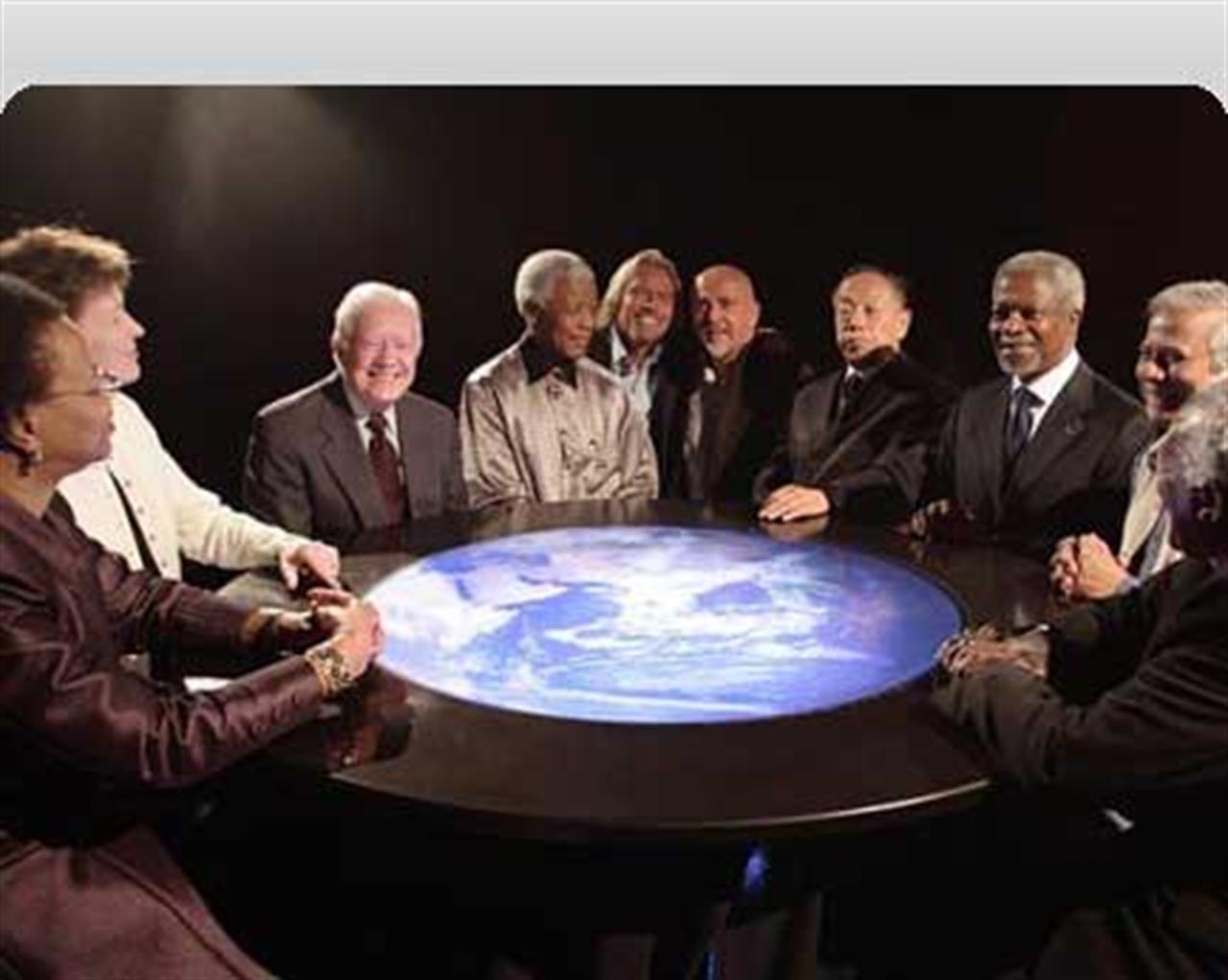Non profit
The Elders step in where the young fall short
12 elderly humanitarian pioneers led by Nelson Mandela seek to make the(ir) voice of reason heard
di Rose Hackman

Jimmy Carter’s recent article published in the Observer, and to be found online on The Guardian website, has caused somewhat of a stir. It is listed by the online news portal as the second most talked about article in the last week – just after “US teen pregnancies rose in Bush years”.
The title of the former US president’s article, “The words of God do not justify cruelty to women”, is a rather tame summary of a rather strong-worded article. The related press release to be found on The Elders’ website (more later) is more indicative of the stance: “Religious and traditional practices discriminate against women and girls,” it boldly states.
Albeit, the fact of the matter is that Jimmy Carter, 84, a man, a practising Christian all his life and a deacon and Bible teacher for many years, has, in his own words, severed all ties with the Southern Baptist Convention after six decades.
His reason? Women’s rights. He writes he rejects the Convention’s claim that women should be “subservient” to their husbands and prohibited from serving as deacons, pastors or chaplains in the military service.
We are all equal before the eyes of God he quotes.
The fact that he should stand up in the name of gender equality and reject not only “foreign” world religions such as Islam – easy target – and Judaism, but also dare be critical of his own belief system, is refreshing.
As you read on though, it transpires that he speaks in the name of a wider group, ambiguously referred to as The Elders – which sounds like a mixture of old people with some kind of neo-mystical self-proclamation.
A few clicks on the web reveals The Elders to be a group of 12 – yes – elderly men and women, but whose names are nothing short of highly respectable.
The Elders are composed of a core group of ten: Kofi Annan, Ela Bhatt, Lakhdar Brahimi, Gro Brundtland, Fernando Cardoso, Jimmy Carter, Graça Machel, Mary Robinson, Desmond Tutu and Muhammad Yunus; with two honorary members: Nelson Mandela and Aung San Suu Kyi. While Nelson Mandela appears at key events, one chair is always symbolically left empty for Aung San Suu Kyi. All names are of acclaimed worldwide leaders and human rights pioneers from across the world. Most of them also happen to be Noble Peace prize winners.
The Elders’ logic is that, whereas many political leaders in office may be reluctant to challenge certain powerful and sensitive areas, The Elders no longer need to win votes or to avoid controversy, and are therefore well equipped to “challenge injustice wherever it may stand.”
What lies beneath this two year-old venture, funded mainly by the foundations of Richard Branson and Genesis’ Peter Gabriel, is an idea which has been somewhat forgotten in recent years – that the older generation have great value through their experience and acquired wisdom and that as such, they are to be cherished by younger members of the community.
It is also advantageous, as Desmond Tutu puts it in the presentation video, that if they feel they have something to say and pick up the phone to tell the person concerned, their call generally gets put through.
A voice that has spent a lifetime gaining respect will at least be listened to.
A question arises though: is this venture a re-ignition of old values, or more of a desperate attempt to take charge where younger generations have proven incapable to do so?
Indeed as today’s youth is often accused of being apathetic – a generation spoilt into inaction, is it up to the older generation to rise again and make themselves heard?
You could look at it in another way too. As the young are finding it more and more difficult to enter “active society”, could these Elders be seen as the symbol of the older generation holding on to decision-making and power until the very last?
Whether it is one of the above, a mixture, or none at all, I for one find myself hoping. Let’s hope these particular twelve elders last. And that people keep on taking their calls.
Current Elders’ projects:
Cosa fa VITA?
Da 30 anni VITA è la testata di riferimento dell’innovazione sociale, dell’attivismo civico e del Terzo settore. Siamo un’impresa sociale senza scopo di lucro: raccontiamo storie, promuoviamo campagne, interpelliamo le imprese, la politica e le istituzioni per promuovere i valori dell’interesse generale e del bene comune. Se riusciamo a farlo è grazie a chi decide di sostenerci.
